Description
Students struggle analyzing primary sources! These practice worksheets on the New Republic combine primary source excerpts and images with skills to help students think through the different processes they will need to be successful on state exams. Traditional strategies are often not successful in helping students practice the thinking that is required for primary source analysis on state level exams such as the STAAR.
After a careful analysis of test released questions, I have determined that a majority of primary source test items are dependent on four specific Social Studies skills. I have created graphic organizers to help students think through each of these four specific skills: cause and effect, main idea, inferencing, and drawing a conclusion.
In order to help students practice the Social Studies Skills required of the STAAR, I have created a series of graphic organizers based on the thinking of each skill. In this resource, you will receive:
-An explanation of the thought process behind each skill,
–Nine different primary sources on the New Republic Era – each embedded into a graphic organizer that provides practice for your students with identifying the main idea, cause and effect, generating inferences, and drawing conclusions,
–Google Slides, and
-A key for all of the graphic organizers!
⭐Please download the preview to see the resource.⭐
8th US History Social Studies TEKS
(1) History. The student understands traditional historical points of reference in U.S. history through 1877. The student is expected to:
(A) identify the major eras in U.S. history through 1877, including colonization, revolution, creation and ratification of the Constitution, early republic, the Age of Jackson, westward expansion, reform movements, sectionalism, Civil War, and Reconstruction, and describe their causes and effects; and
(5) History. The student understands the challenges confronted by the government and its leaders in the early years of the republic and the Age of Jackson. The student is expected to:
(A) describe major domestic problems faced by the leaders of the new republic, including maintaining national security, creating a stable economic system, and setting up the court system;
(B) summarize arguments regarding protective tariffs, taxation, and the banking system;
(C) explain the origin and development of American political parties;
(D) explain the causes, important events, and effects of the War of 1812;
(E) identify the foreign policies of presidents Washington through Monroe and explain the impact of Washington’s Farewell Address and the Monroe Doctrine;
(10) Geography. The student understands the location and characteristics of places and regions of the United States, past and present. The student is expected to:
(A) locate places and regions directly related to major eras and turning points in the United States during the 17th, 18th, and 19th centuries;
(B) compare places and regions of the United States in terms of physical and human characteristics; and
(13) Economics. The student understands how various economic forces resulted in the Industrial Revolution in the 19th century. The student is expected to:
(A) analyze the economic effects of the War of 1812;
(29) Social studies skills. The student applies critical-thinking skills to organize and use information acquired through established research methodologies from a variety of valid sources, including technology. The student is expected to:
(A) differentiate between, locate, and use valid primary and secondary sources such as media and news services, biographies, interviews, and artifacts to acquire information about the United States;
(B) analyze information by applying absolute and relative chronology through sequencing, categorizing, identifying cause-and-effect relationships, comparing, contrasting, finding the main idea, summarizing, making generalizations and predictions, and drawing inferences and conclusions;
(C) organize and interpret information from outlines, reports, databases, and visuals, including graphs, charts, timelines, and maps;
********************************************************************
© Social Studies Success, LLC. This purchase is for you and your classroom. Duplication for an entire school, an entire school system, or for commercial purposes is strictly forbidden. Please have other teachers purchase their own copy. If you are a school or district interested in purchasing several licenses, please contact me for a district-wide quote.
Please review all product descriptions and previews. If you have a question, contact me before you purchase at SocialStudiesSuccess1@gmail.com. As this is a digital product, all sales are final.
❤️ Dawn

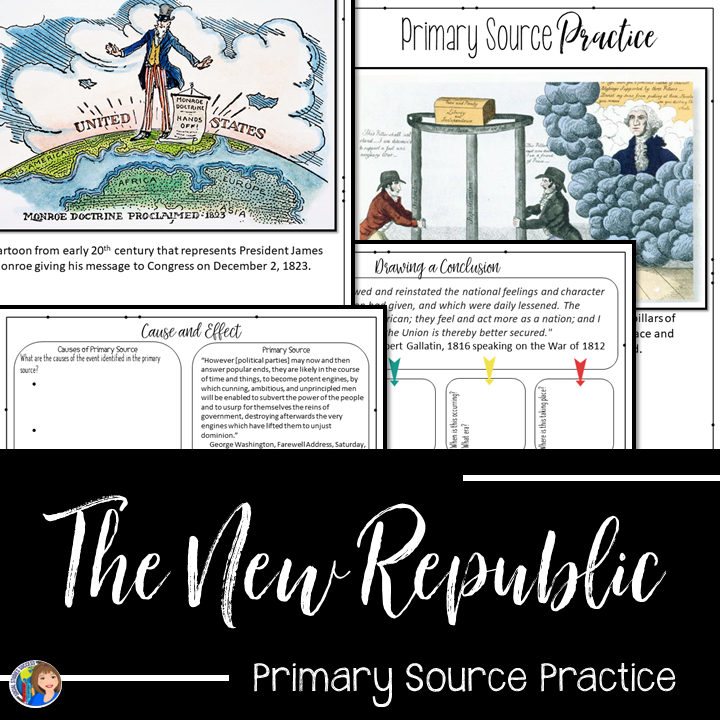
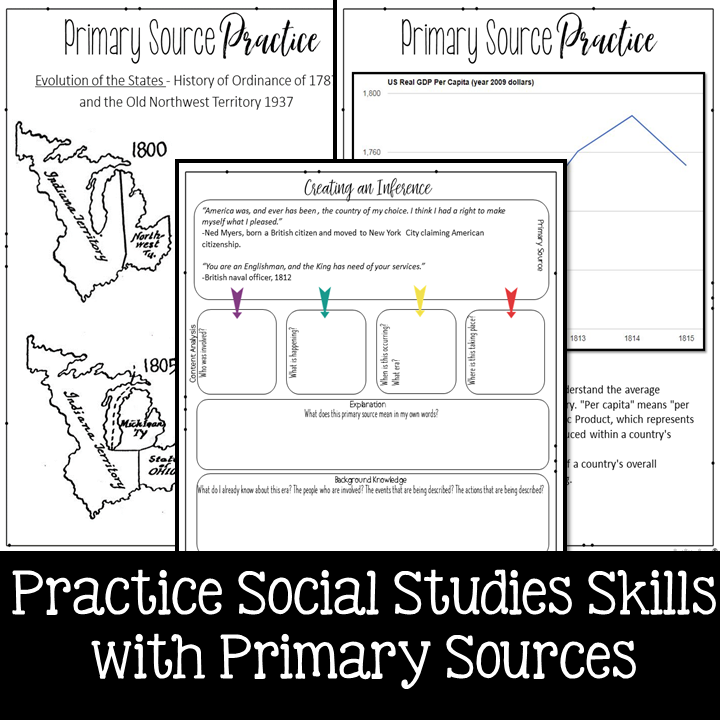
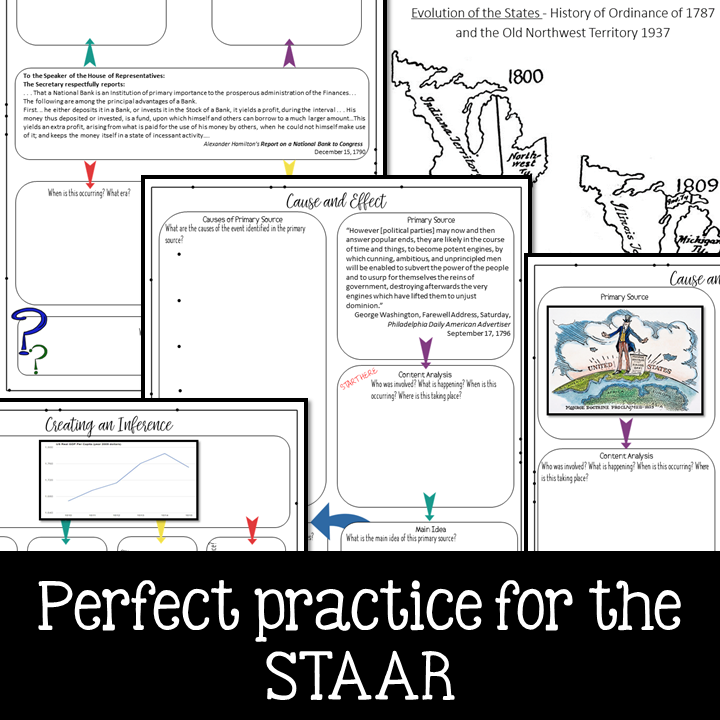
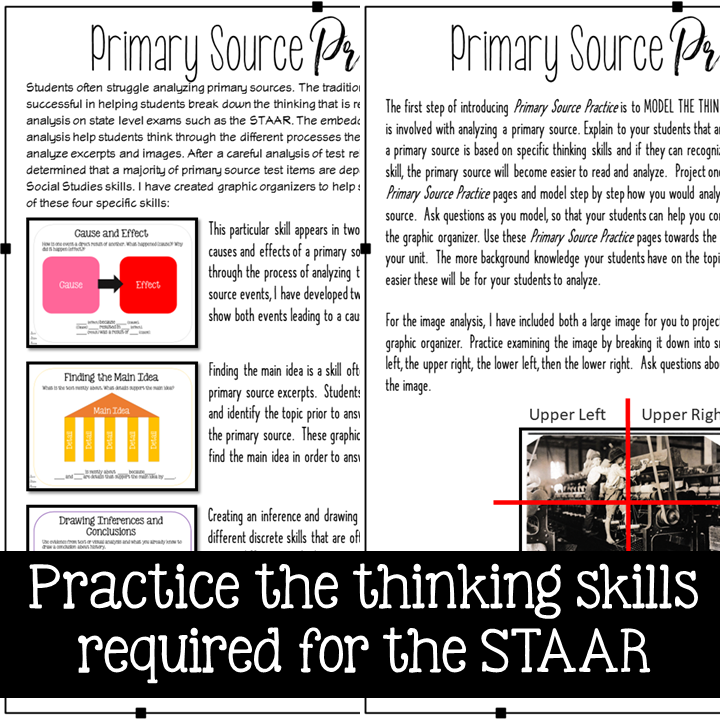
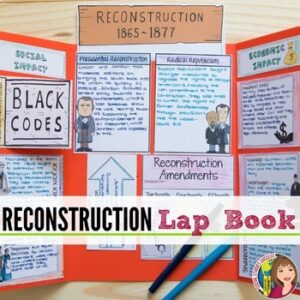
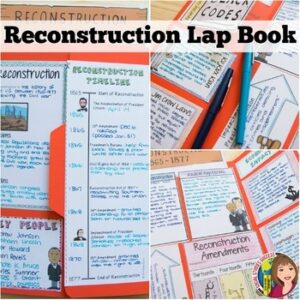
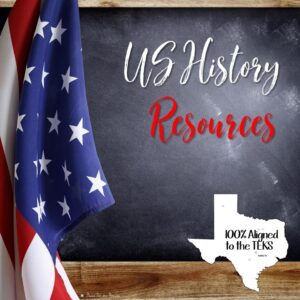
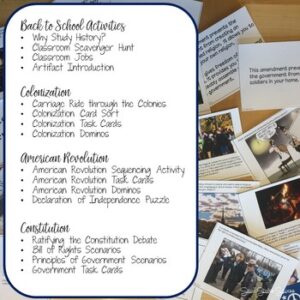
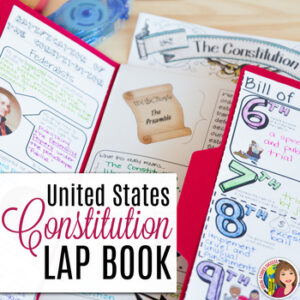
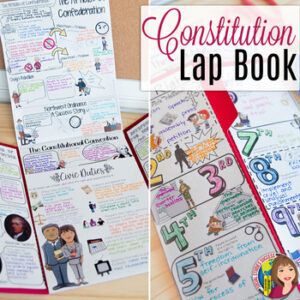
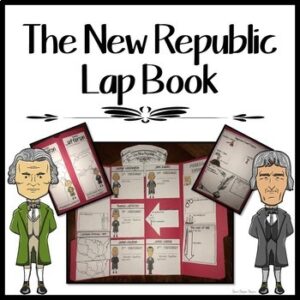
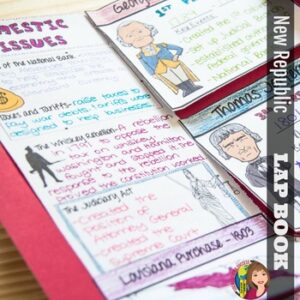
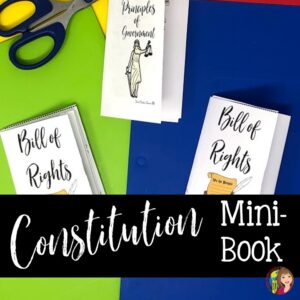

Reviews
There are no reviews yet.